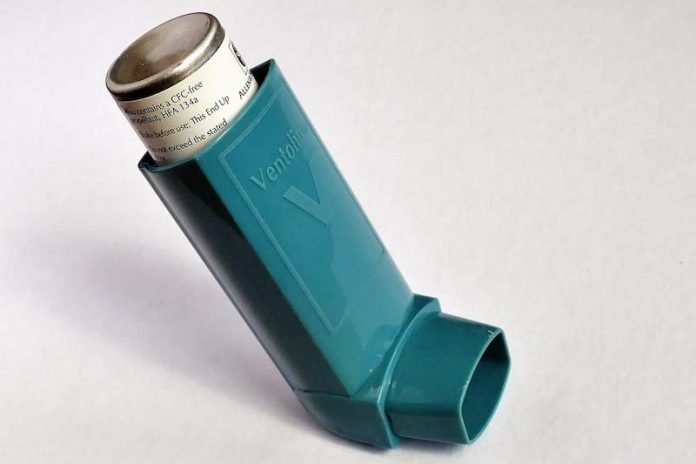
Scientists from Rutgers found that when taking medicine during an asthma attack, patients with the most severe form of asthma produce in their airways special substances that block the treatment from working.
The research is published in Science Translational Medicine and was conducted by Reynold Panettieri Jr et al.
In the study, the team found two different so-called growth factors—naturally occurring substances that stimulate cell proliferation—activate in the airways of severe asthma patients as they inhale corticosteroids used as an emergency treatment during an asthma attack.
This help explains an enduring mystery in asthma treatment: Why do some patients who suffer the most from the disease often have the least success with conventional rescue treatments?
Of the more than 25 million people in the U.S. with asthma, between 5 percent and 10 percent suffer from severe asthma, according to the American Lung Association.
The corticosteroids used to decrease swelling and irritation in the airways of people with moderate asthma often fail to work in those with severe asthma.
Severe asthma patients experience more frequent bouts of breathing problems than others.
Researchers found inhaled steroids in severe asthma patients promote the secretion of growth factors—fibroblast growth factor (FGF) and granulocytic colony forming growth factor (G-CSF)—in airway lining cells known as the epithelium.
Growth factors are important for regulating a variety of cellular processes.
In the case of an asthma attack in patients with severe asthma, the growth factors identified in the cells that line the major connecting airways work directly against the action of the corticosteroids.
Findings from the study suggest different cellular pathways are at work in the cells of patients with severe asthma, particularly those involved in inflammation.
This study has uncovered a potential mechanism to explain why patients with severe asthma are unresponsive to conventional therapy.
Copyright © 2022 Knowridge Science Report. All rights reserved.



